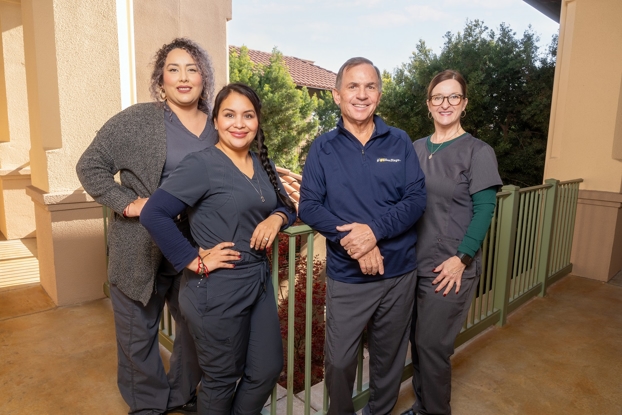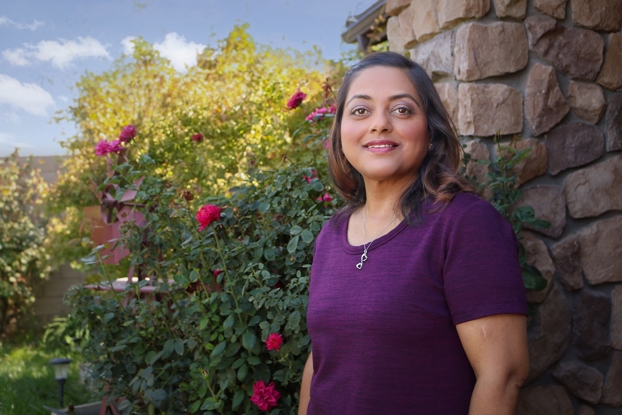Noel Baker
- Author: Noel Baker
- Date Submitted: Apr 5, 2017
- Category: Heart & Vascular


The news from Noel Baker’s doctor wasn’t good, it was shocking. The 70-year-old Lindsay man was more tired than usual after work and so depleted of energy he couldn’t indulge in his favorite activity - walking with his wife.
“The doctor was real straight forward. He said I’m going to tell you like it is, ‘You could fall over dead anytime,’” Baker said. “I said, ‘It’s that bad?’ He said, ‘Yes.’”
The fatigue wasn’t normal for a man of Noel’s age, but was the result of a broken heart valve, said Dr. Faraci, one of three surgeons performing cardiothoracic surgery at Kaweah Health Medical Center. Noel’s heart was working overtime to pump enough oxygen-rich blood and his heart was paying the price. But a day after minimally-invasive heart surgery to repair the problem, Noel felt like a new man.
“I could tell the difference immediately. I had energy again and I was ready to go,” said Noel, of his Feb. 13 surgery.
Instead of an 8-10 inch incision through the sternum, minimally-invasive heart valve surgery uses incisions half the size between two ribs to replace or repair malfunctioning valves or restore normal function to a person’s heart. Smaller incisions result in less bleeding, helping patients get up and about sooner, out of the hospital and home more quickly. Ultimately, the surgery can help preserve the function of heart muscle and result in improved quality of life, prolonged life, and reduced symptoms.
After surgery, Noel’s quality of life has improved. He’s no longer tired after a normal work week, he’s back to walking up to two miles a night with his wife, and he doesn’t miss a chance to show off his battle scar. Most people are shocked that it’s just 2.5 inches.
“They can’t believe I had anything done,” Noel said. These days, Noel has so much energy he’s wearing out his wife Alicia, who once worried her husband’s age was catching up to him. “He has more energy than he has in years,” she said.
Ultimately, both are thankful to Dr. Faraci and the staff at Kaweah Health Medical Center for helping turn a scary situation into a better life. “We couldn’t stop saying, ‘These people are awesome,’” Alicia said.


